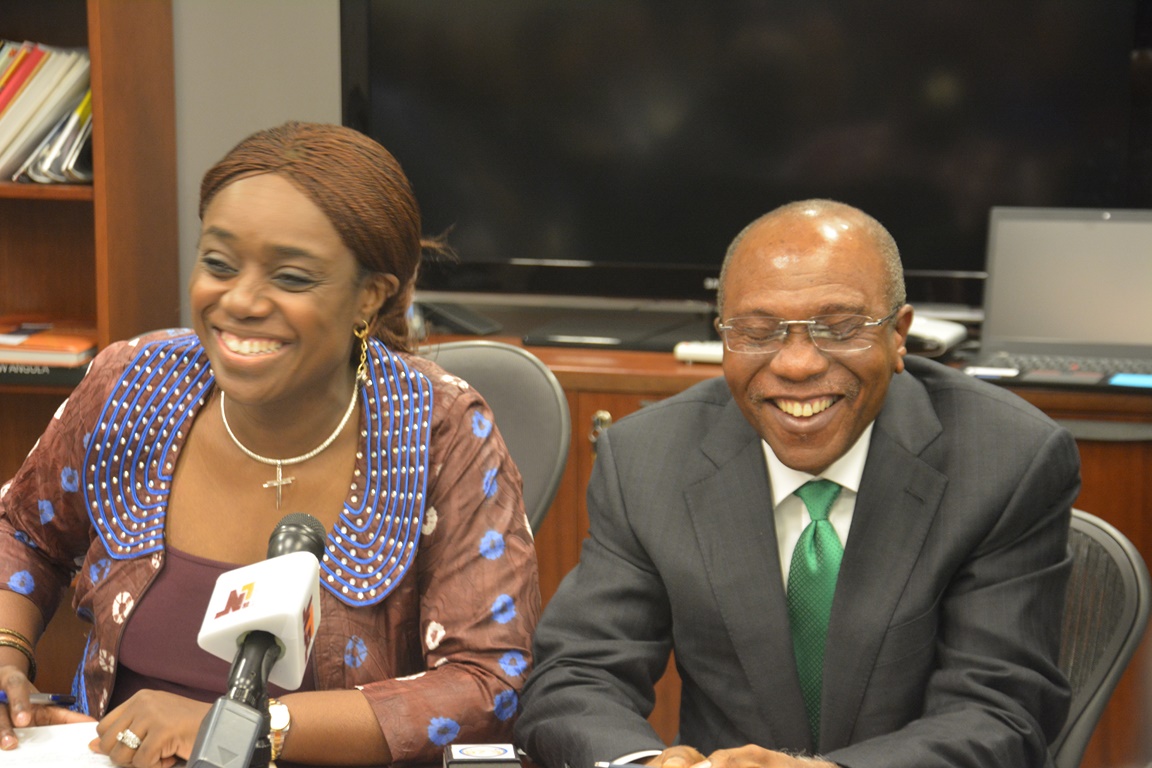Investment in treasury bills and government bonds has become the focus of Nigerians who are hedging against the risky business environment in the country. Specifically, treasury bills, FGN bonds and FGN savings bonds have been identified as the safest investment window, according to nairametrics.com.
With increasing economic uncertainty, high inflation, as well as growing unemployment rate tightening disposable income, most Nigerians have had to resort to risky investments with propensity for high returns as an avenue to make money.
This explains why millions of Nigerians were sucked into various ponzi schemes just to make quick money to augment their purchasing power.
However, with the suspension of MMM and the post suspension gory tales, retail investors in Nigeria are seeking for safer and less risky
investments, which they find in treasury bills and government securities.
Besides safety, attractive yields has pushed treasury bills investment in the fixed income market to account for as high as 88.67% in May 2017, according to FMDQ OTC monthly report for the month. Equally, FGN bonds’ outstanding value increased by 1.62% (₦0.11trillion),
month-on-month, to close at ₦6.93 trillion in the period under review.
In recent times, treasury bills rates have hit double digits, with rates ranging from 18-18.6% for maturity dates of 364 days. This is as a
result of the CBN trying to drive economic activities by offering high rates to attract offshore flows into Nigeria, since a continuous drop in oil prices have affected government revenues.

Analysts say the impressive performance of the treasury bills segment may have to do with the high yield and the relative risk in the
investments.
Currently, the three most safest investments in Nigeria, according to a compilation of nairametrics.com include: FGN treasury bills, FGN bonds and FGN savings bond.
Treasury bills are short-term debt instruments issued by the Federal Government through the Central Bank of Nigeria to provide short-term
funding for the government. They are by nature, the most liquid money market securities and are backed by the full faith and credit of the FG. They are usually issued for tenors of 91, 182 and 364 days at the primary market auction held fortnightly by the Central Bank of Nigeria.
In the world of debt securities, T-bills represent the greatest liquidity and the lowest risk to invested principal, as well as acting
as the closest thing to a risk-free return in the market.
On the other hand, FGN bonds are debt securities (liabilities) of the Federal Government of Nigeria (FGN) issued by the Debt Management Office (DMO) for and on behalf of the Federal Government who is to pay bondholders the principal and agreed interest as and when due.
The FGN Bonds are considered as the safest of all investments in the domestic debt market because it is backed by the “full faith and
credit” of the Federal Government, and as such is classified as a risk free debt instrument.
The FGN savings bond is a new investment programme targeted at the retail investors by the Debt Management Office (DMO). Interest rates are
usually between 13 and 14% and the instrument is backed by the “full faith and credit” of the Federal Government with no default risk.
Again the interest income from the savings bonds is tax-free and paid quarterly.
However analyst warn that the increasing demand for the government securities may starve the banks of deposit and equally crowd out the
private sector of investible funds.








